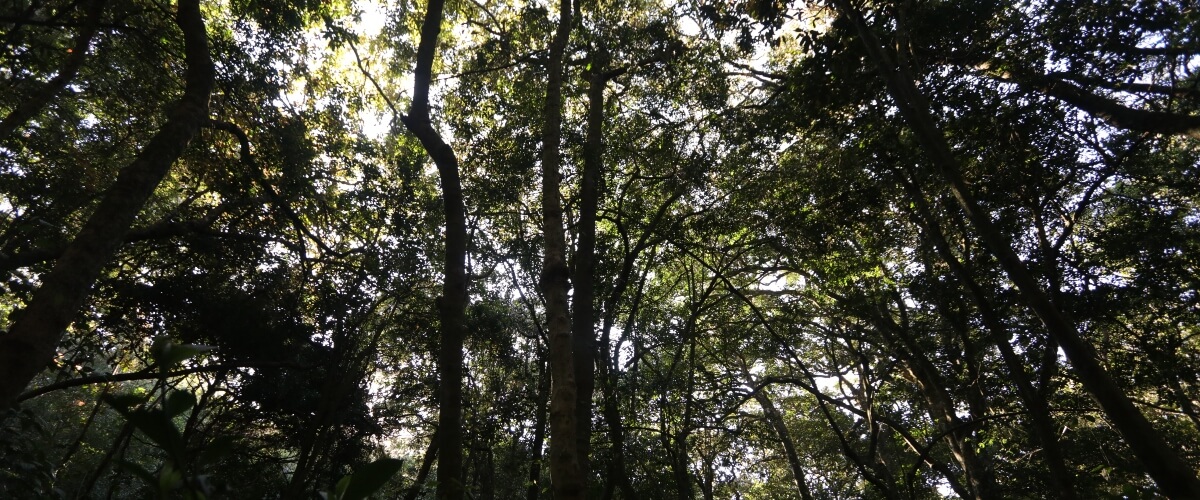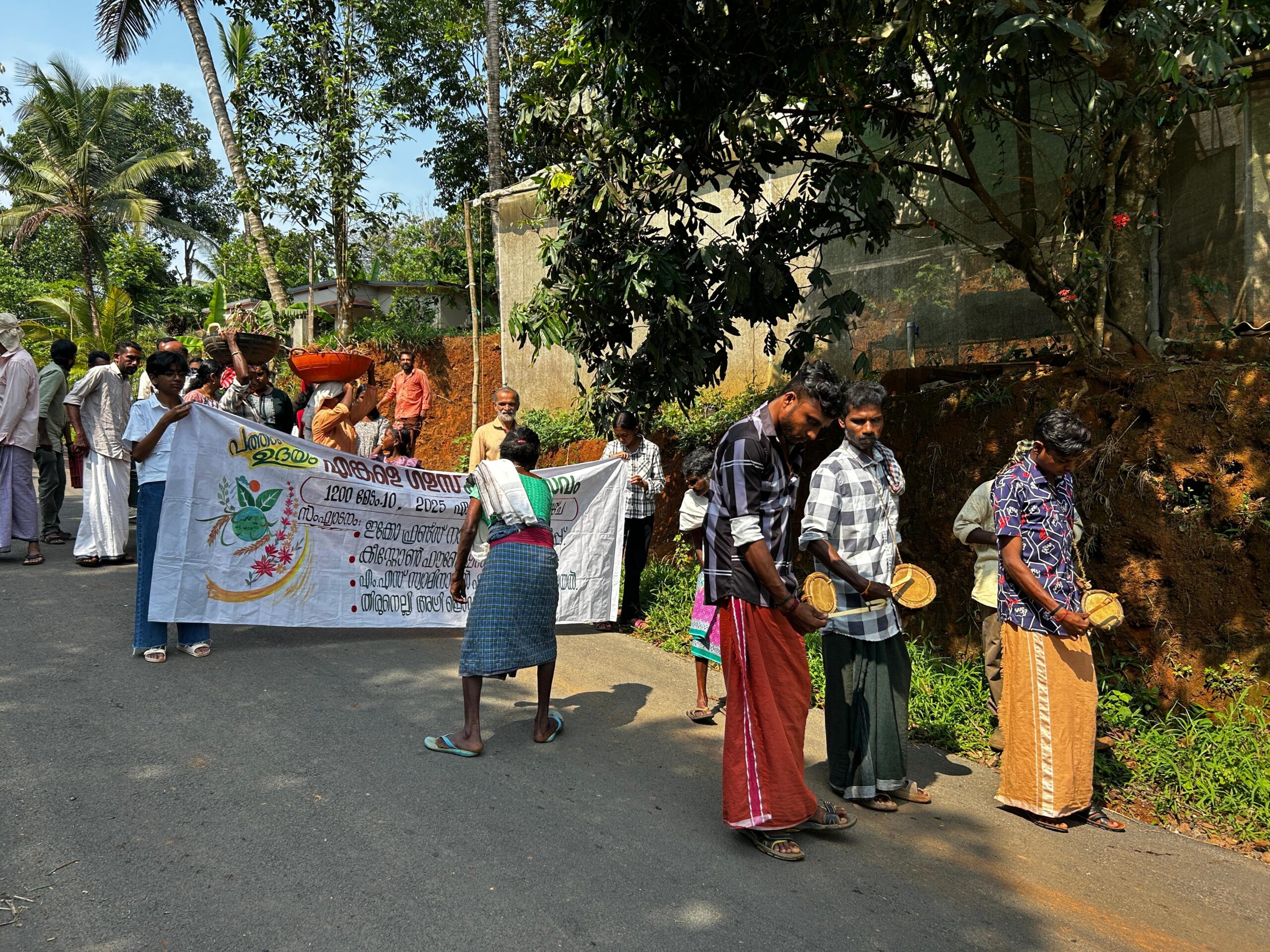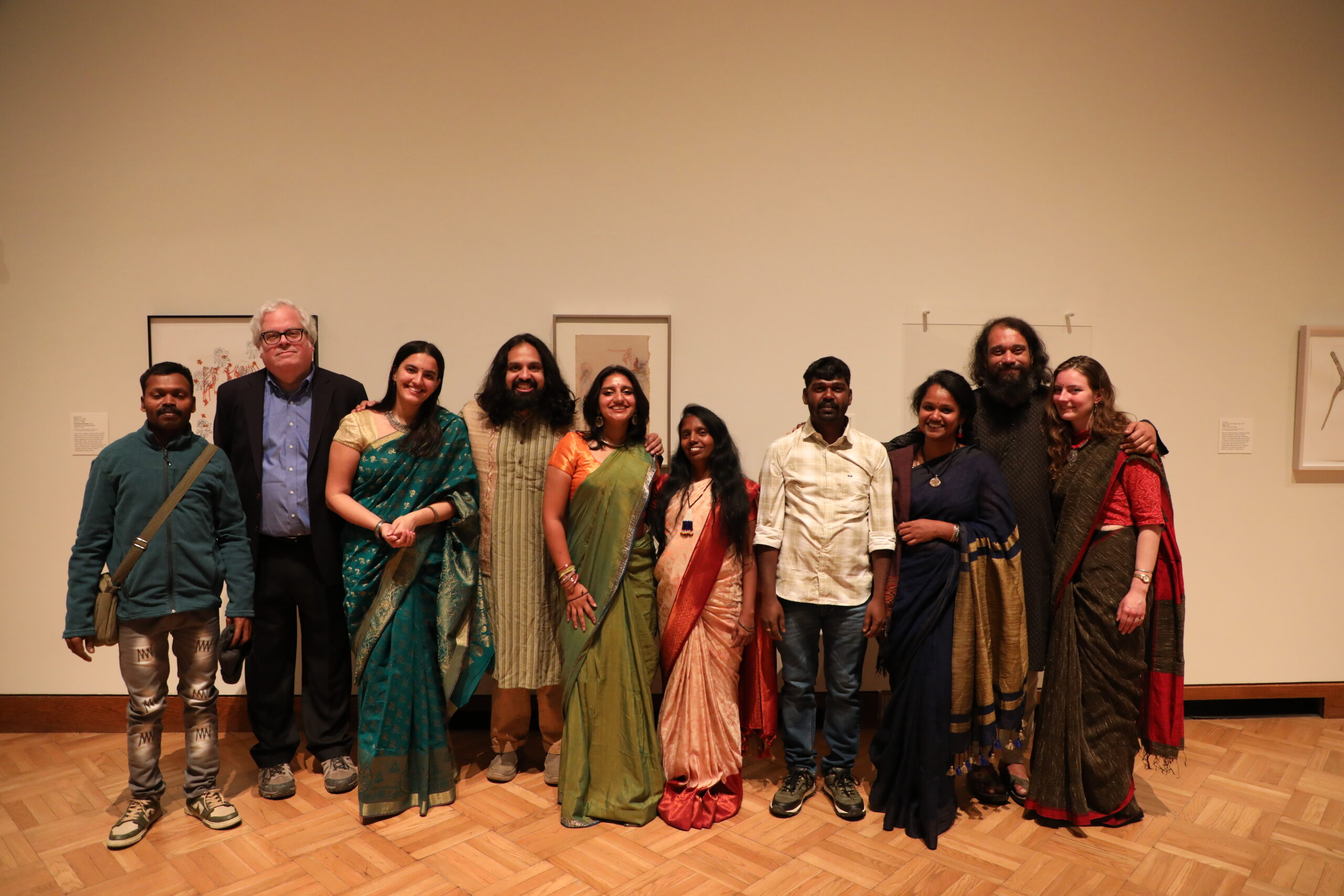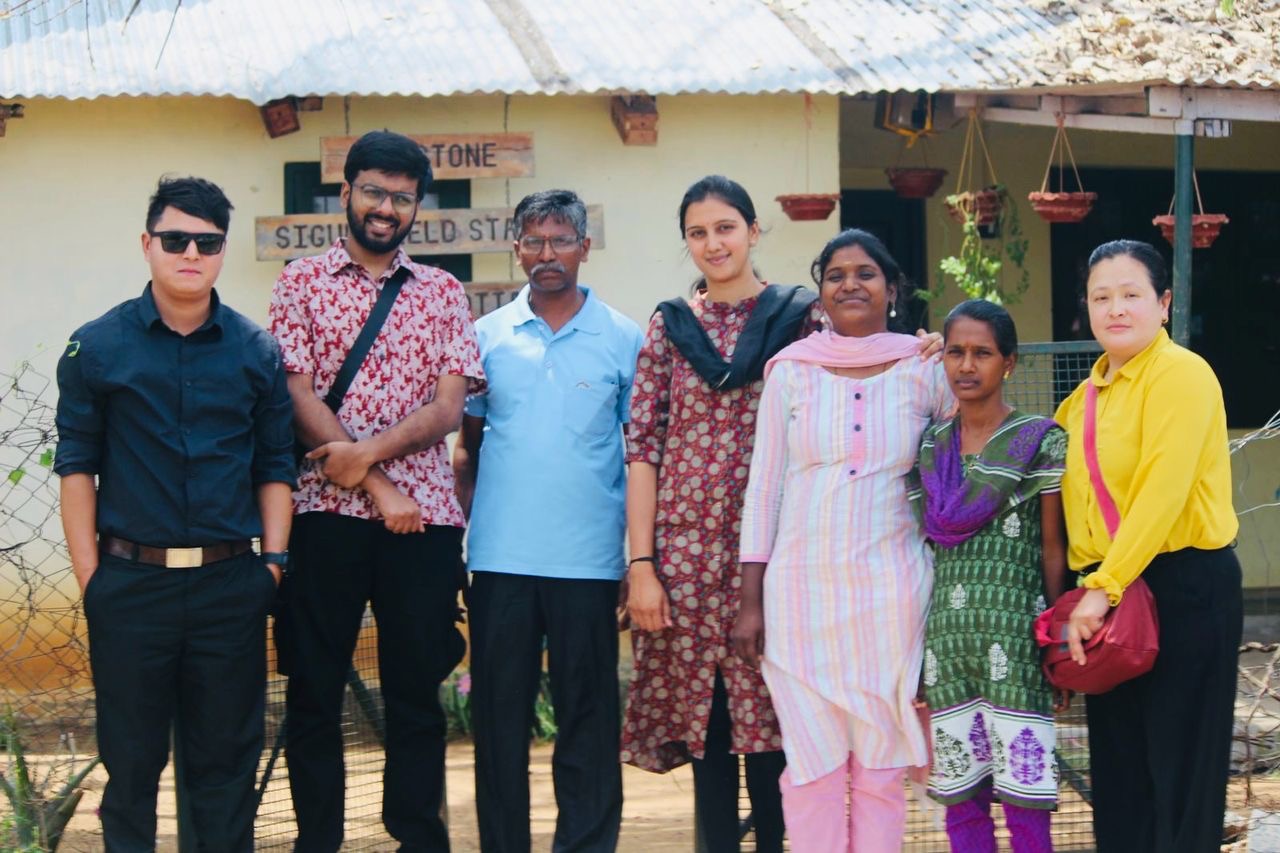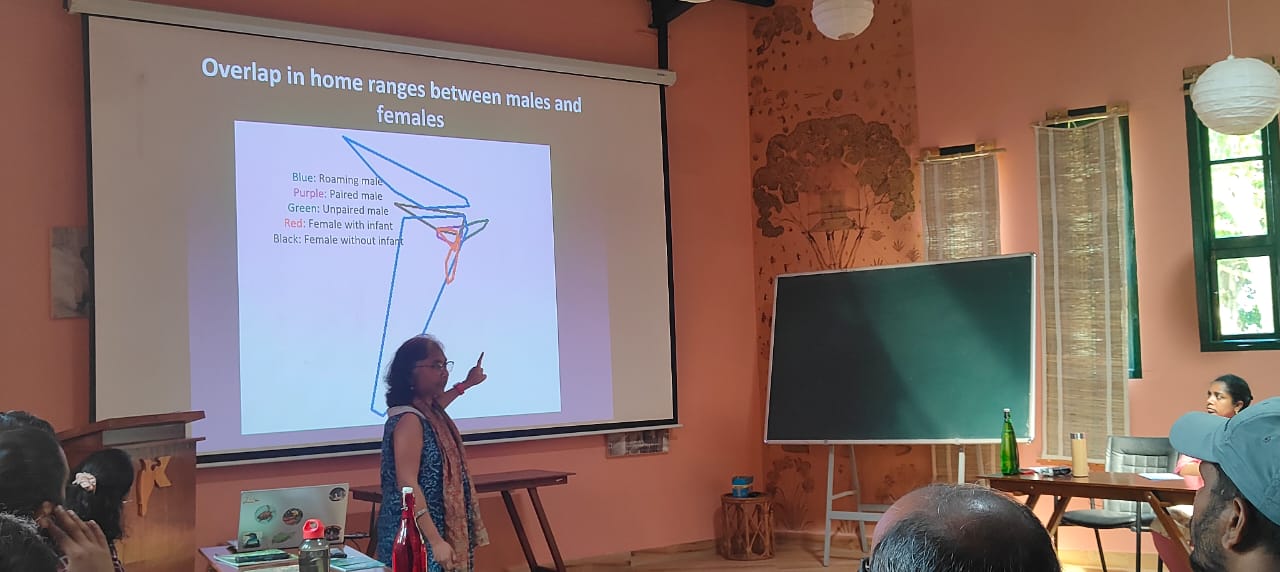While the primary focus areas of the Community Well-being programme are Health, Livelihoods, and Environmental Governance, one of the common threads we find too evident to miss is the gender aspect.
Multiple pieces of literature point towards gendered-subjectivities. What it means is that women and men perceive things differently- be it in terms of how gender plays a role in household decision-making and participation in the larger community, or even as basic as how a particular gender perceives pain and illness. A particular gender’s perception and ways of dealing with a physical/mental condition may affect their ability to perform well and contribute in a wholesome manner to household decision-making or community-participation.Therefore, this has the potential to affect a family’s livelihood profile,besides being integral to designing a life-trajectory for the future generations of a family.
One might ask- “Things have been working out pretty fine with the status-quo, haven’t they?” However, one needs to understand that multiple (often interrelated factors including gender-specific ones) become disregarded in the larger picture.
It is on this basic premise that we attempt at inclusive perspectivesfrom those working on the field whose voices get toned down. Our motive is to reworkour way around blanket assumptions based on bias towards a particular gender while designing and implementing our interventions. As part of these attempts,there is a conscious effort towards the capacity-building of field staff andvolunteers, particularly women who show leadership potential.
Against this backdrop, we cannot help but think of Lalitha who works as a Field Coordinator with us, as an exceptional woman-leader, who has been with the organization for more than a decade.
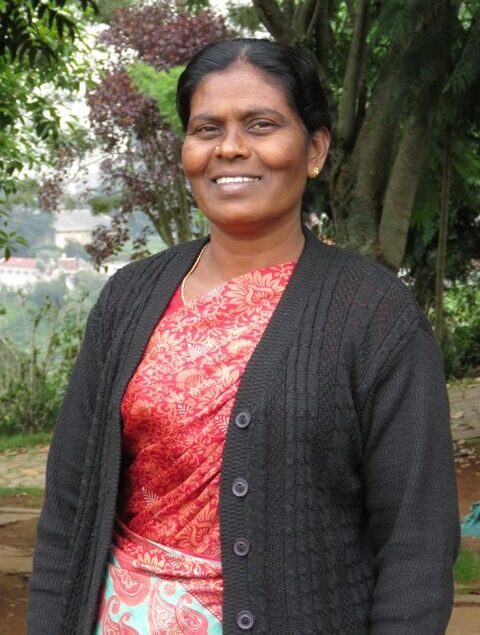
Hailing from Anaikatti village in Sigur area, Lalitha, an Irula woman,joined us in 2006, as a Water Volunteer and later on shifted her focus onto Forest Rights Act in 2015, Lalitha’s confidence and ability to mobilize her community members have grown gradually, but significantly. Straddling the worlds of working with an NGO and the Forest Department, definitely hasn’t been an easy task.
Lalitha notices a shift in the ways of living of her community people.She senses a new-felt fear of the very forest that they had always been used to growing up in. She senses a new kind of uncertainty felt amongst her people. She also acknowledges the tug-of-war-like relationship of her community with the Forest Department in playing a chronic role in changing her community’s general way of living- including their cultural and spiritual practices. The newfound inertia amongst her people, structural inefficiencies, coupled with her own personal struggles have, more often than not, acted as roadblocks to her effective functioning as a Field Coordinator.
Sometimes, if being a woman seems like a taboo/burden, being a single-woman happens to be more so. Perhaps, even feared. Lalitha’s personal struggles have got her two labels- that of a ‘loner’ and that of ‘bold’. Such labels, expectedly, do not go down too well at Gram Sabha, Forest Rights Committee meetings, etc. While female-members aren’t expected to speak up at all, Lalitha does just the opposite, owing to her training at Keystone and exposure visits to different parts of the country to understand what a near-ideal implementation of FRA should look like.
Sometimes, if being a woman seems like a taboo/burden, being a single-woman happens to be more so. Perhaps, even feared. Lalitha’s personal struggles have got her two labels- that of a ‘loner’ and that of ‘bold’. Such labels, expectedly, do not go down too well at Gram Sabha, Forest Rights Committee meetings, etc. While female-members aren’t expected to speak up at all, Lalitha does just the opposite, owing to her training at Keystone and exposure visits to different parts of the country to understand what a near-ideal implementation of FRA should look like.
Her knowledge and her outspokenness, needless to say, has garnered as much awe and praises as much as she’s been subjected to suspicion and resistance. Her perseverance, despite the hindrances, has been commendable.
By Abhirami Murthy

